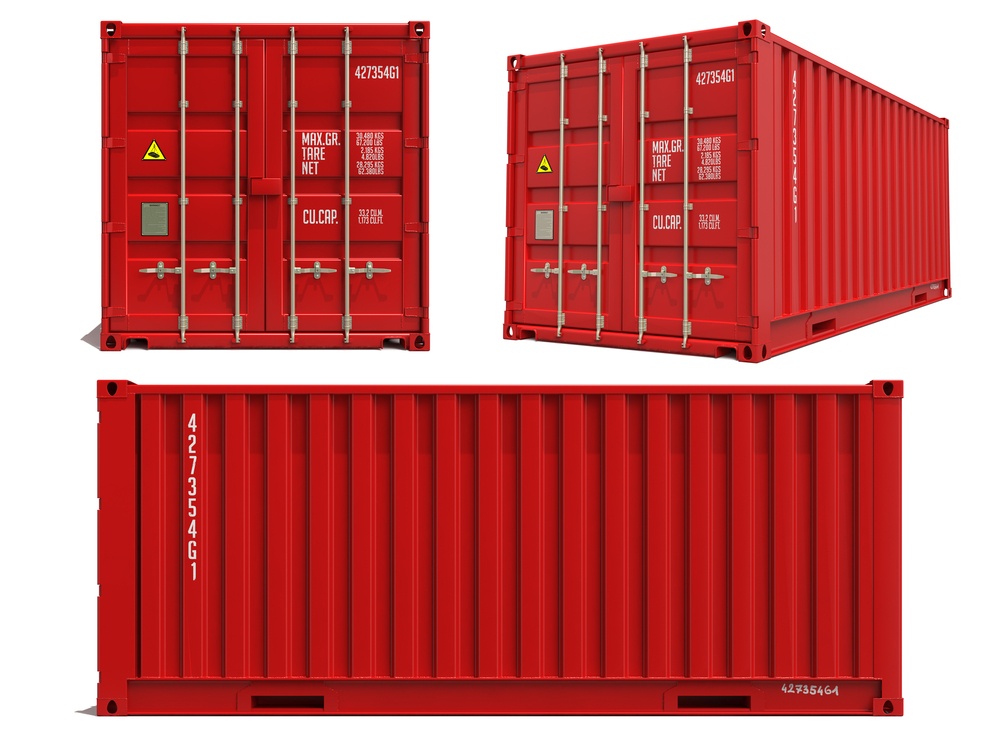Transportation Tips For Safe and Effective Fleet Management
Here are simple tips that will allow you to manage a transportation fleet effective: Institute a Fleet Management Policy, Keep Safety First, Check...
2 min read
 Brandon Waller
:
Updated on September 4, 2017
Brandon Waller
:
Updated on September 4, 2017
 Good drivers do more than haul loads. They haul loads safely and efficiently. They handle unexpected problems effectively, they communicate well, and they are a direct interface with customers and customer staff. Good drivers are hard to come by. Good drivers are worth their weight in gold – or in whatever they might be hauling that day, so it really does pay companies to hire drivers who fit the bill. Let's take a look at how to hire good drivers, in more detail. These are the key points we look for, at RBW, when we want to hire a driver.
Good drivers do more than haul loads. They haul loads safely and efficiently. They handle unexpected problems effectively, they communicate well, and they are a direct interface with customers and customer staff. Good drivers are hard to come by. Good drivers are worth their weight in gold – or in whatever they might be hauling that day, so it really does pay companies to hire drivers who fit the bill. Let's take a look at how to hire good drivers, in more detail. These are the key points we look for, at RBW, when we want to hire a driver.
We want all of our customers to know what we emphasize when we hire a driver. We want you to have confidence in our service and our employees as well as in the primary elements of a 3PL company.
Safety, Security, Rules and Regulations: apart from the ability to handle a big rig, we expect our drivers to be aware of road conditions, parking facilities, vehicle performance, traffic conditions, changes in weather, etc. Anyone can deliver loads when everything is in the driver’s favor. To do it in adverse and erratic conditions takes experience, intention, and focus.
We want our drivers to know the old saying “anything that can go wrong, will go wrong.” Before it goes wrong we want our drivers to be prepared. Road works, changing weather, increased traffic volume, and frustrated and inexperienced drivers of other vehicles all contribute to accidents, serious delays, injury, and potentially damaged, destroyed or delayed cargo. Our drivers minimize those risks for our customers.
Mechanical aptitude and awareness: our drivers pay attention to abnormal sounds, changes in how the rig handles, etc. These are signs of potential mechanical problems that can result in delivery delays, and breakdowns. Our drivers look for, notice, and report defects immediately.
Honesty: logs and reports matter. RBW uses data to continually improve our service to our customers. Accurate and timely logs and reports help us to do that. Good drivers keep accurate logs.
Good at communicating: this is another important, but often ignored skill. We do not ignore it. We expect drivers, schedulers and dispatchers to communicate well with each other. Planning and communication are the basis of on-time delivery at least cost. Customers need drivers to communicate well; ours do.
Basic math skills: no driver needs to be another Gauss or Descartes, but they do need to be good at calculating bills of lading and making sure the paperwork is right. Any driver can pick up a bill, set off, and not know their load is incomplete, for example. Our drivers see these calculations as part of delivering top rate customer service. They also need those calculating skills to complete their logs – the logs head office needs to be accurate.
Technology skills: play an increasingly important role in logistics. GPS and monitoring systems keep advancing. Our drivers stay up to date so they can use advances to continually deliver the highest levels of customer service.
Customer-interfacing skills are critical to customer service. All drivers are the face of the company who hires them; our drivers are keenly aware of their role. To use an example from a different industry, Walt Disney knew that guests asked the street cleaners in his theme parks more questions, and went to them first to get help than any other group of employees. Disney made sure his street cleaners got the best training in helping theme park guests. Our drivers are the face of RBW to our customers. Our drivers know how to talk with, listen to, and respond.
We take pride in hiring the best drivers. We hope it shows.
.jpg)
Here are simple tips that will allow you to manage a transportation fleet effective: Institute a Fleet Management Policy, Keep Safety First, Check...

Watch for Potential Transportation Hazards We’ve all seen it; the vehicle ahead slowly drifting from the center of a lane to the shoulder and back,...

Leaders who fail to embrace changes will experience personal problems and organizational failure. Updating policies, processes and people requires...